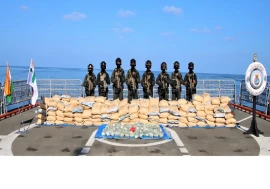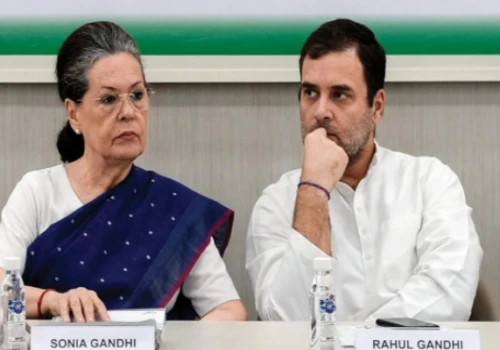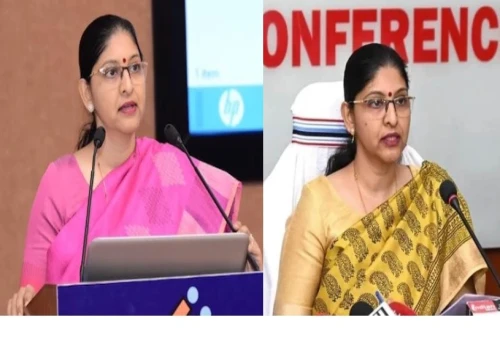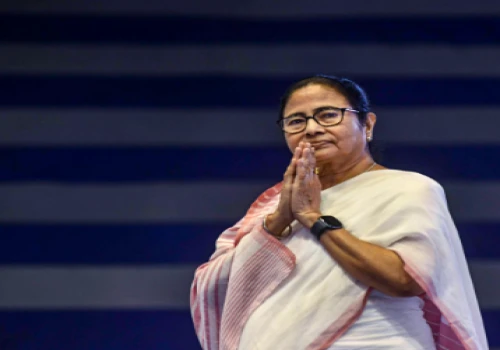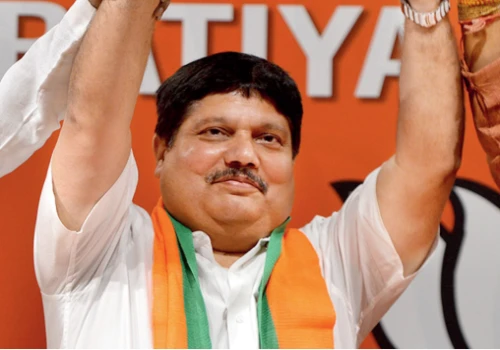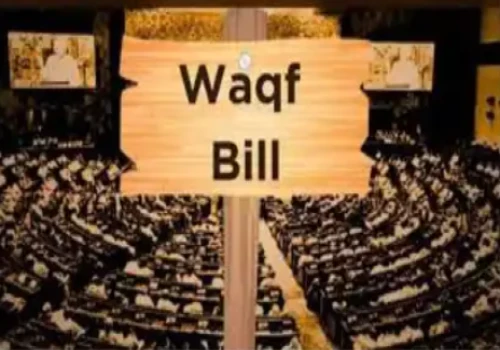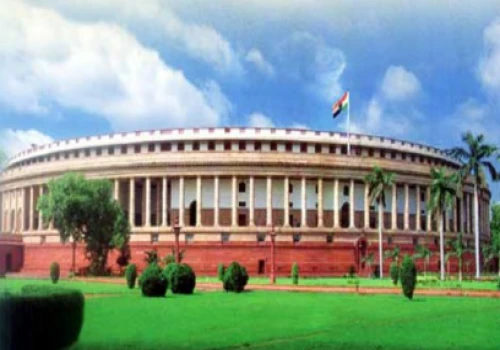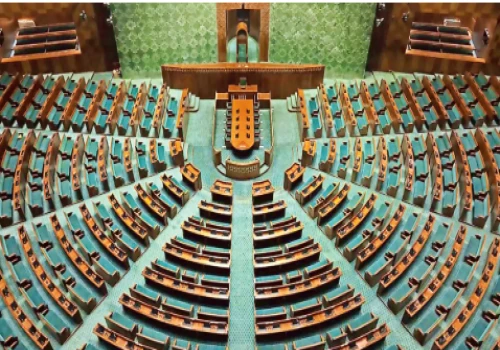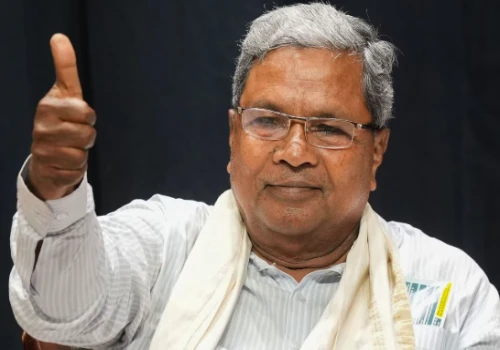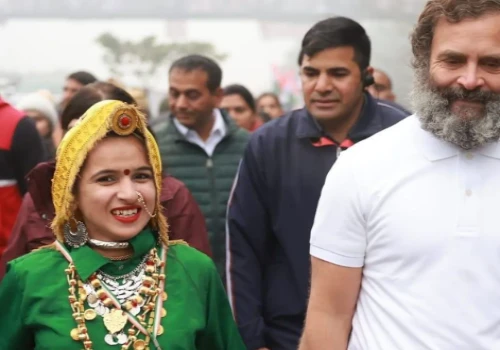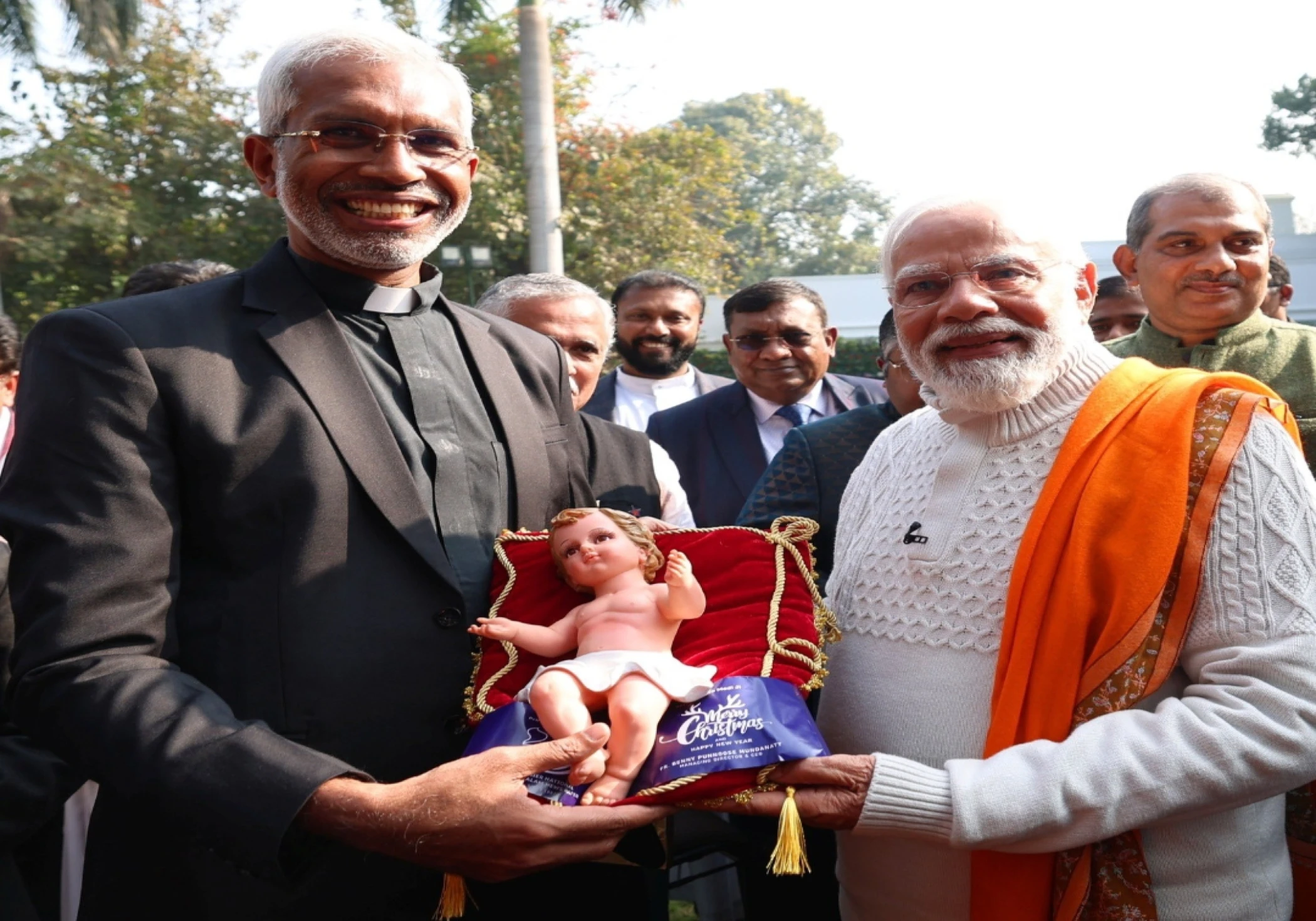
New Delhi: PM Modi, who frequently accuses opposition leaders of minority appeasement, seemingly engaged in similar outreach during the Christmas celebration organised at his residence in New Delhi. One might speculate on whether this was an effort to address outrage within the Christian community affected by the recent prolong series of violence in Manipur.
Examining the BJP’s political landscape, it becomes apparent that the party relies on the Christian vote in various states. Let’s have a look at the proportions of the community across the states. Kerala boasts the largest Christian population at 6.14 million (18.4% of the state’s population), while the majority in Nagaland, Mizoram, and Meghalaya are also significant. Manipur and Arunachal Pradesh show a plurality at 42% and 30%, respectively. Additionally, Goa, Pondicherry and Tamil Nadu have substantial Christian populations.
In terms of political power, the BJP governs states with significant Christian populations, including Goa, Arunachal Pradesh and Manipur. Furthermore, the party shares power in the government of the Union Territory of Pondicherry.
In the party’s history, the BJP has boasted a towering Christian leader like Mr. George Fernandes, a key figure who held significant influence, even being able to bring Mumbai to a standstill; a power that only he had besides Bal Thackeray. Serving as the Defence Minister of India, Fernandes shared a close association with former Prime Minister Atal Bihari Vajpayee. The trust bestowed upon him was evident in his knowledge of the top secrets such as the Pokhran Parmanu Parikshan, alongside Vajpayee and Dr. A.P.J. Abdul Kalam, when the government planned to carry out the same.
The BJP, known for its strong local Christian leaders and MLAs in states like Goa, Jharkhand and Manipur, has navigated a complex landscape concerning religious diversity. While the party has fielded Christian candidates in state assembly elections and offered ministries, it is challenging to identify a Muslim leader who has ascended to similar heights within the party or government except a few who were not directly elected such as Mukhtar Abbas Naqvi, Sayed Zafar Islam. M.J. Akbar was also a minister, but, he too, was from Rajyasabha.
The BJP tends to nominate Muslim candidates for the Rajya Sabha or legislative councils in certain states, rather than directly fielding them in state elections. Notably, the party had recently issued tickets to Muslim candidates in local body elections in Uttar Pradesh. However, when it comes to Christian candidates, the BJP has been more liberal, not only providing them with tickets in state assembly elections but also entrusting them with significant roles while in power. This nuanced strategy reflects the party’s diverse approach to different religious communities in the political arena.
The BJP has adeptly navigated a delicate balance, addressing concerns about forced conversions by the Christian community in states like Kerala and Tamil Nadu while fostering a positive relationship with community in other states. This approach involves providing opportunities for Christians within the party and the government, showcasing a nuanced strategy.
As the Lok Sabha elections loom, the BJP is strategically working to solidify the Christian vote it has garnered. This effort extends beyond mere consolidation, serving as a form of damage control. The Manipur violence, coupled with inaction on the part of Manipur government led by Mr. N. Biren Singh, has left Kuki Christians disheartened and enraged. Observing the success of the Zoram People’s Movement (ZPM) in Mizoram, where they rallied Christian votes by using the situation in Manipur, the BJP recognizes the significance of addressing Christian sentiments.
In an attempt to appease the second-largest minority in the country, the BJP is actively seeking to align Christians with the party’s agenda. By doing so, the party aims to maximize its support and secure a stronger position in the upcoming Lok Sabha elections. This strategic move underscores the dynamic interplay between politics, community sentiments and electoral strategies.

